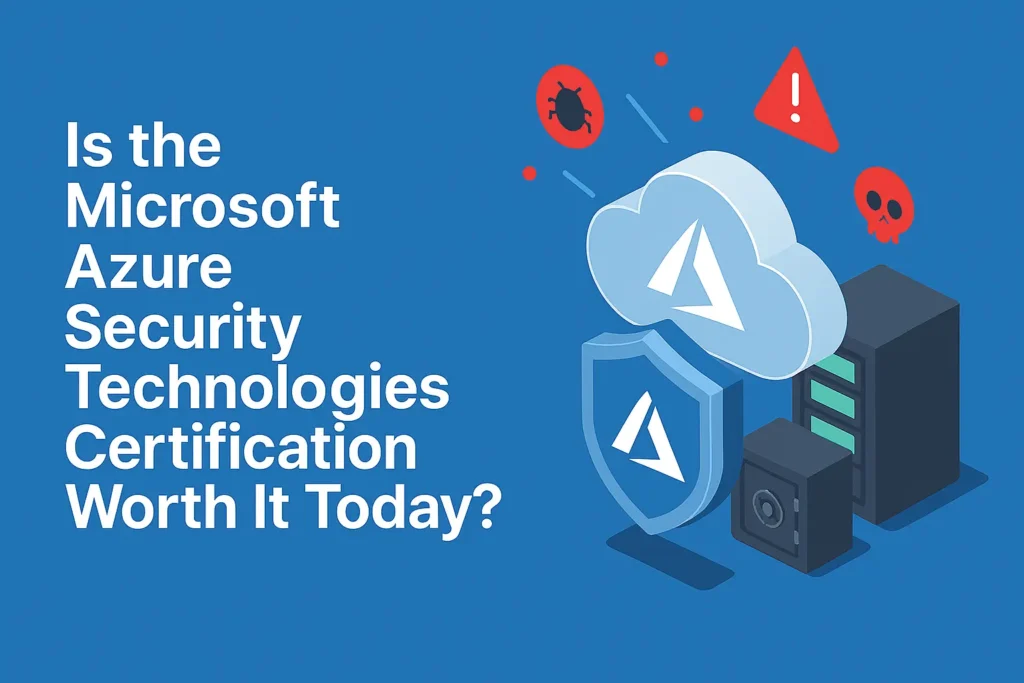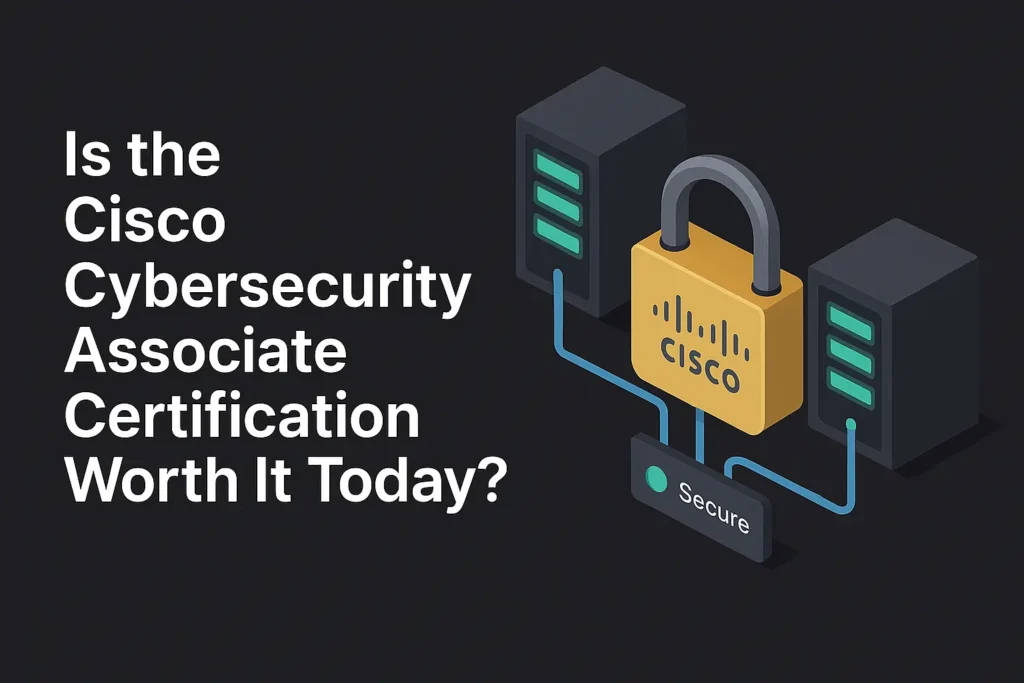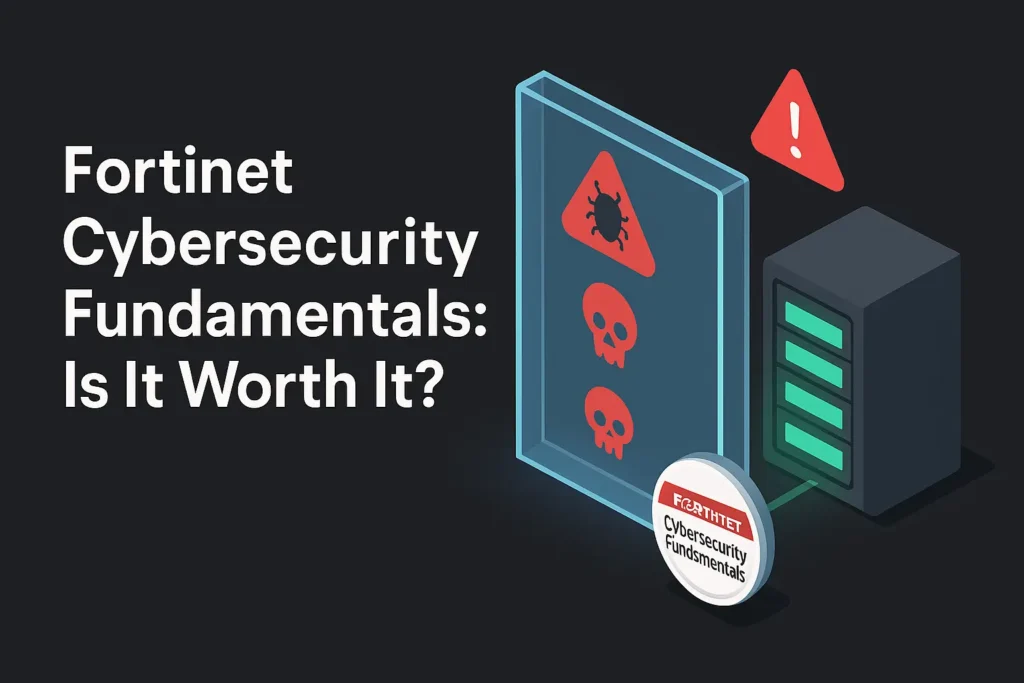In the digital world of today, cybersecurity has taken the front seat as corporate and personal security. The need for skilled cyber-security professionals is ever-on the rise since the landscape of cyber threats keeps changing really fast. Many aspiring professionals are usually caught asking themselves these questions: Can you really land a cybersecurity job without a certification? This comes out to be a question that almost invariably merges with broader questions of where, or if, a degree or certification is needed in order to enter this field; how to get into the industry where one has no experience; and the best way to enter cybersecurity.
Role of Certifications in Cybersecurity
Certifications are widely pitched as an express route into a career in cybersecurity. Certifications acknowledge, support, and bear evidence of a candidate’s knowledge and possible potential within any such specialized realm of cybersecurity, demonstrating dedication to practice. Broadly required certifications like CompTIA Security+ and Certified Information Systems Security Professional are very renowned and therefore highly acclaimed; the notations, such as that of Certified Ethical Hacker, are highly called for by many employers. All these provide a purposefully controlled course of study, making a person far more employable.
It is worth noting, however, that as much as certificates may come in handy, it’s not the only way one can break into cybersecurity. Many have been successful at it through alternative ways. A certification’s value thus becomes relative and based on what the specific job requires and the preference of the employer.
Do You Need a Degree or Certificate to Work in Cybersecurity?
Certainly, a degree or certification will only enhance the opportunity of securing a job, not necessarily guarantee a person the job. Again, this would depend on the type of job one is looking for and the employer. Requirements for a degree or certificate are essential for some employers, while others may be choosy enough to look at persons who possess specific on-the-job experience as well as practical skills over the fact that the individual is holding a qualification.
Degrees: Traditional undergraduate degrees in cybersecurity, computer science, or information technology would expose the student to a wide breadth of knowledge in that field and safely grasp a strong core in respective disciplines. While a degree would be a stepping stone, particularly for entry-level positions, it isn’t totally necessary. Most cyber security practitioners shine without a degree, learning through practical experience and self-study.
Certifications are far more specialized, proving that one is a master in specific areas. For instance, they can be very instrumental while searching for some specialized jobs or even when one intends to move up the hierarchy. Certification therefore makes it easier to check one’s credentials. Some positions especially require certification where sensitive data or highly secure environments are concerned.
How to Get a Cybersecurity Job with No Experience
Entering into a cyber-security domain with no experience whatsoever might seem a little overwhelming, though it obviously is quite achievable. Some of the ways one may get his or her foot in the door are as follows:
- Online Learning and Resources: There is a massive repository on the internet. There are literally tons of courses across very many different areas of cybersecurity, through Coursera, Udemy, and edX, where most of those courses were designed by industry professionals who seem to be at a good point to tell and practically impart valuable knowledge in you. Websites such as Cybrary offer resources and training for free.
- Hands-on practice: Practical experience is a must. Set up your lab using VirtualBox or VMware. Then, you can create as many virtual machines as you wish and practice with them in several different scenarios. Hack the Box and TryHackMe are both interactive labs in which there are live challenges in replicating real-world environments for cybersecurity.
- Network: Interact with others working in information security through forums, social media, and local meetups. This, again, can result in mentoring and referrals to a job. The industry conferences and seminars will not only help in learning from the experts but also provide a chance to network with prospective employers.
- Internships and volunteering: With or without experience, there is the possibility of taking up internship or volunteer opportunities that may be very practical. Look for opportunities that might exist, supporting small businesses or non-profits working with topics in cybersecurity. A typical example is the work carried out through the UN Umoja—people without any pre-cyber awareness working on projects relating to the development of cybersecurity best practices in communities that produce training content for professionals.
- Create a portfolio: Create a portfolio by exercising your skills in personal projects, contributions to open-source security tools, or writing about any such topics in cybersecurity. This really goes a long way in demonstrating to a potential employer that you have hands-on experience and interest in the field.
- Soft Skills: In addition to technical skills, some soft skills that are highly sought after in cyber security are problem-solving, critical thinking, and communication. Develop this to complement your technical ability and make yourself more marketable.
How to Get into Cybersecurity?
Making a blueprint for cybersecurity will require a mix of technical prowess, practical experience, and strategic planning. This will be very instrumental in your journey:
- Feel the Field: Cybersecurity is a very huge field that covers specializations in network security, application security, incident response, and penetration testing. Research in the different areas the things in which you can find something interesting and on what you will be good at.
- Education: In this field, formal education is not exactly necessary, but perhaps computer science concepts could come in handy. If you would like to pursue a formal education, then look for classes in cybersecurity, networks, and programming.
- Certifications: If you are certification crazy, then start with the following: CompTIA Security+ or CISA—those will be the grounding. As you gain experience, you will get to have more advanced certifications relevant for the position.
- Stay up-to-date: Cybersecurity is a very dynamic and fast-moving sphere. Keep yourself abreast of the latest threats, trends, and technologies by following up-to-date industry news, reading security blogs with diverse opinions, and being active in online forums.
- Job Search Strategies: Tailor your resume based on desired skills and experience, including those outside the field of cyber security. Emphasize transferable skills and add projects and coursework. Conduct a job search on job search websites and company career pages.
- Prepare Yourself for Interviews: Preparedness to discuss your ideas on cybersecurity, your approach to problem solving, and practical exposure. Well prepared for any interview questions, you can always provide technical assessments or practical scenarios demonstrating evidence of skills.
While certificates and degrees undoubtedly can add to your career prospects in cyber-security, really, they do not have to be the only way forward to success. Most have built successful careers from alternative routes, including self-taught, hands-on experience, and networking. With practical skills and experience in the field—and involvement in the cybersecurity community—such an individual can indeed break into the field without formal certifications. One thing that will define success in a cybersecurity career is the thirst to learn all the time and the enthusiasm to change and adapt. Proactive, strong willpower will help in enhancing the knowledge associated with this dynamic and rewarding field, be it by following up on certifications, self-learning, or just practical experience.






